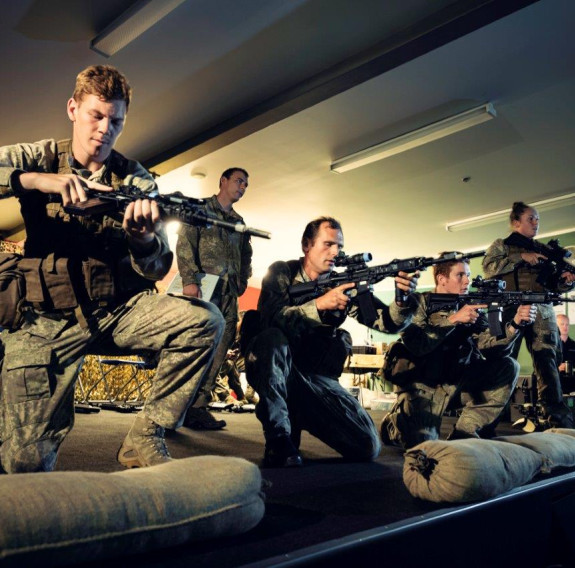Mātauranga me te whakangungu
Education & training
It takes a lot of skills and training to do the things our Army does. From medical to engineering, navigation to combat, cooking for hundreds to leading soldiers into combat, the range of trades in the Army is diverse.
We need our people to be highly trained in what they do, because they may have to do their job in adverse conditions, at a moment’s notice. At these times, we need experts. We need our people to excel and to be the best they can be.
Our people have to handle some of the most advanced technologies in the world. They are provided with the training, education, tools, and equipment necessary to become fully effective in their field.
